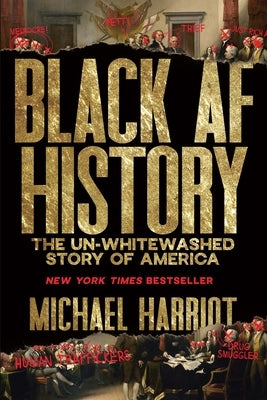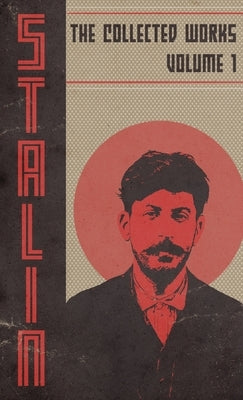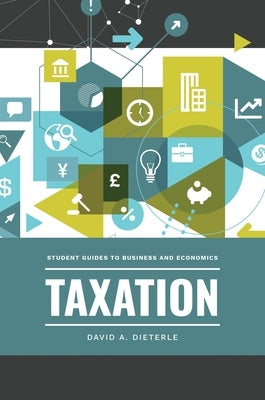The Anarchist Cookbook
$14.99
$19.95
Black AF History: The Un-Whitewashed Story of America
$23.99
$32.50
Is the Red Flag Flying?
$23.99
$25.99
Notes on Resistance
$13.99
$18.95
Anarcho-Syndicalism: Theory and Practice
$9.99
$12.95
Rise of The West
$22.99
$26.00
Biafra: Lest We Forget!
$14.99
Principles of Political Economy and Taxation
$9.99
$10.49
Had Enough?: A Handbook for Fighting Back
$14.99
$19.99
Young Guns: A New Generation of Conservative Leaders
$11.99
$15.99
Peace
$11.99
$14.95
Anarchism And Socialism
$5.99
$6.00
Hunger Pains: Life Inside Foodbank Britain
$21.99
$29.95
Stalin - A New World Seen Through One Man
$35.99
$38.99
Notes on Democracy
$41.99
$44.99
China's Political System
$60.99
Taxation
$48.99
Wiring Up the Big Brother Machine...and Fighting It
$12.99
$14.95
Full Circle: A Homecoming to Free Poland
$14.99
$19.95





















































